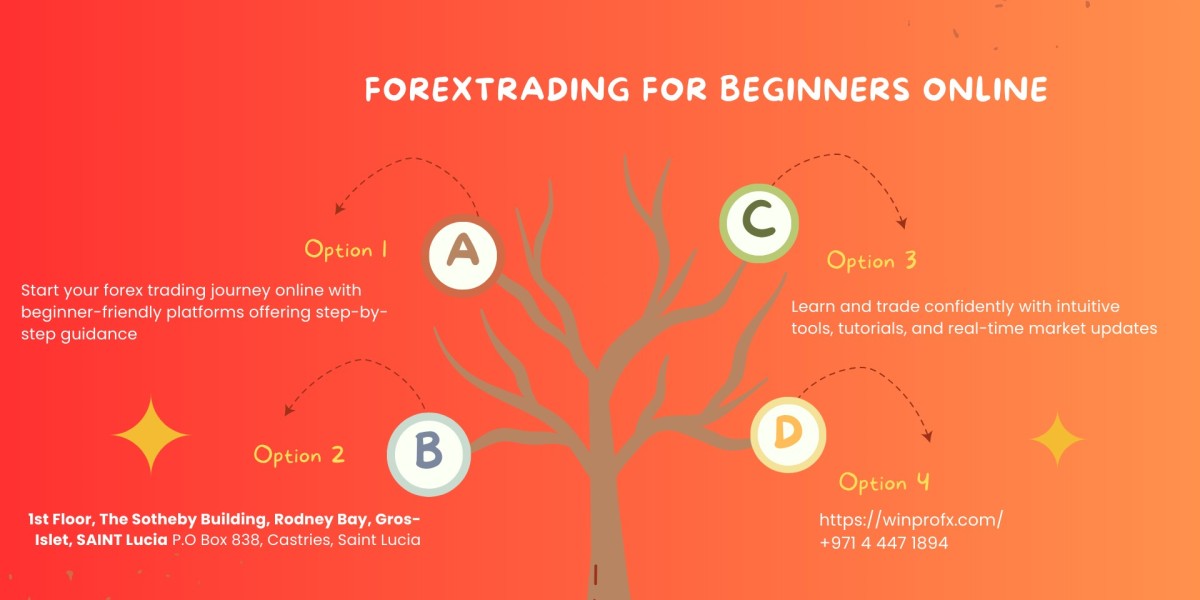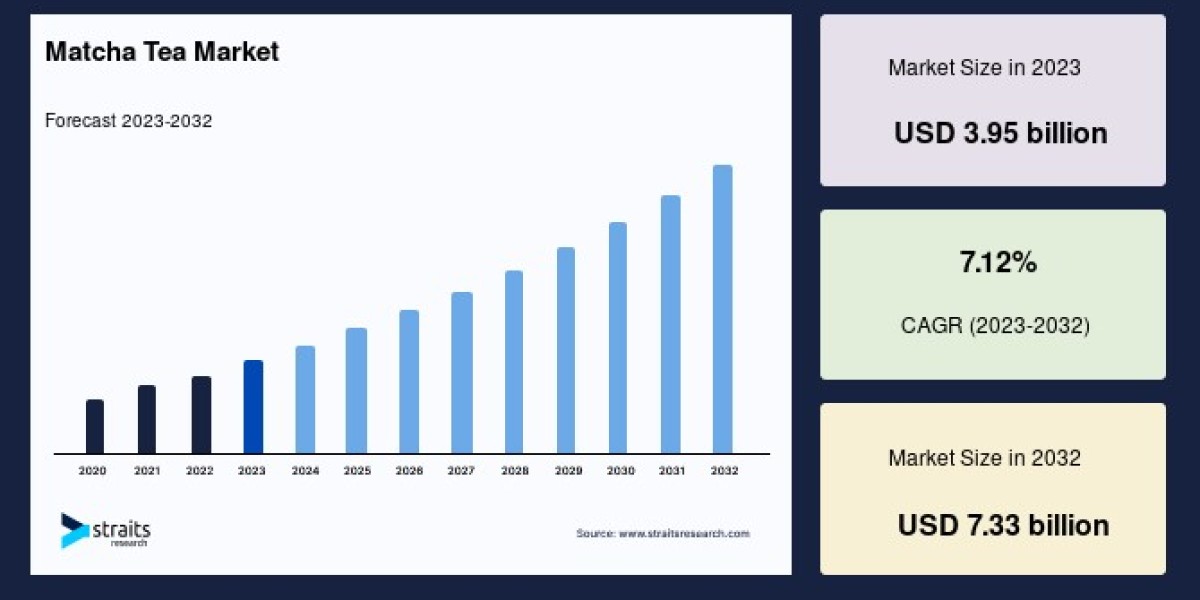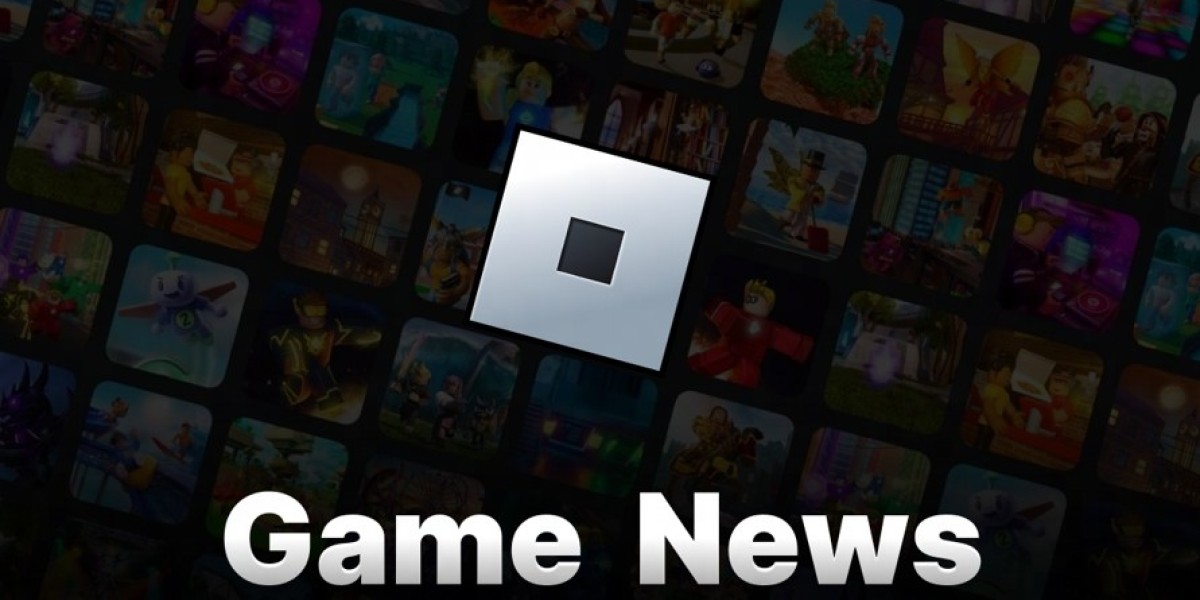Starting out with Forex trading can seem intimidating, but with the right approach, tools, and resources, beginners can begin trading with confidence. Here’s a comprehensive guide to help you get started with Forex trading online:
1. Understanding Forex Market Basics
The Forex market is the largest financial market in the world, with daily trading volumes exceeding $6 trillion. The market involves the buying and selling of currency pairs, where one currency is traded for another. For example, when you trade the EUR/USD pair, you are trading the Euro against the US Dollar.
- Major Pairs: EUR/USD, GBP/USD, USD/JPY, etc.
- Cross Pairs: EUR/GBP, EUR/JPY, etc.
- Exotic Pairs: USD/TRY, USD/ZAR, etc.
2. Choosing the Right Forex Broker
Before starting, you need to choose a reputable online Forex broker. Here are some important factors to consider when selecting one:
- Regulation: Make sure the broker is regulated by authorities such as the FCA, ASIC, or CFTC. This ensures your funds are safe.
- Leverage: Brokers offer leverage to increase your position size. However, leverage amplifies both potential profits and losses, so use it cautiously. For beginners, a leverage of 1:30 or 1:50 is typically recommended.
- Spreads: The spread is the difference between the bid and ask price. Look for brokers with tight spreads, especially for major currency pairs.
- Trading Platforms: Choose a broker that offers a user-friendly platform such as MetaTrader 4 (MT4) or MetaTrader 5 (MT5). These platforms are widely used and come with powerful tools for beginners and professionals.
Popular brokers for beginners:
- eToro (great for social trading)
- OANDA
- IG Group
- AvaTrade
- Forex.com
3. Learn the Basics of Forex Trading
Before making your first trade, you should learn the basic terms and concepts:
- Pips: The smallest price movement in a currency pair.
- Lot Size: The amount of the base currency in a Forex trade. A standard lot is 100,000 units, but brokers offer smaller sizes like mini lots (10,000 units) and micro lots (1,000 units).
- Bid and Ask Price: The bid price is the price at which the market will buy the base currency, while the ask price is the price at which they will sell it.
- Margin and Leverage: Margin is the amount of capital required to open a leveraged position. Leverage allows you to control a larger position with a smaller deposit.
Many brokers offer free educational resources such as articles, videos, and webinars, which are great for beginners.
4. Use a Demo Account
A demo account is an essential tool for beginners. It allows you to practice trading with virtual money without risking your actual capital. You can test your strategies, get comfortable with the trading platform, and understand market dynamics without any pressure.
- Most brokers offer demo accounts to help you get started.
- Spend time practicing on demo accounts before moving to a live account.
5. Develop a Trading Strategy
Having a strategy is essential in Forex trading. Some common strategies include:
- Day Trading: Buying and selling within the same day.
- Swing Trading: Holding positions for a few days or weeks to capitalize on market swings.
- Scalping: Making multiple trades within minutes for small profits.
- Trend Following: Identifying and trading with the direction of the market trend.
Most beginners start with simple strategies like trend-following or range trading, where you buy when prices are low and sell when prices are high.
6. Risk Management
Managing risk is a vital aspect of Forex trading. Here are some essential risk management techniques:
- Stop-Loss Orders: A stop-loss order automatically closes your trade at a predetermined price to limit losses.
- Position Sizing: Only risk a small portion of your account balance on each trade (typically 1-2%).
- Risk-to-Reward Ratio: Aim for a higher potential reward compared to the risk. A common ratio is 2:1, meaning your reward is twice as much as the risk you are willing to take.
Always be mindful of psychological factors in trading. Stick to your plan and avoid emotional decisions that could lead to losses.
7. Start Small with Live Trading
After practicing on a demo account, you can start trading with real money. Start with a small account and use low leverage. This will help you learn the market without risking significant amounts of capital.
- Deposit only what you can afford to lose.
- Use a micro account if your broker offers one, as it allows you to trade smaller position sizes.
- Keep your risk management in place (stop-loss, position sizing).
8. Stay Updated on Market News
Forex markets are affected by various factors, such as economic news, political events, and central bank decisions. Staying updated on global events can give you insights into currency movements. Some key reports to follow include:
- Non-Farm Payroll (NFP) (USA)
- Interest rate decisions (Federal Reserve, European Central Bank)
- Inflation and GDP reports
Many Forex brokers offer economic calendars that help you track major events.
9. Keep a Trading Journal
Maintain a trading journal where you log every trade, including your reasoning behind entering a trade, the results, and what you learned from it. A journal helps you track your performance, learn from your mistakes, and improve your strategies over time.
10. Use Technical and Fundamental Analysis
There are two main types of analysis used in Forex trading:
- Technical Analysis: This involves studying price charts and using indicators like Moving Averages, RSI, MACD, etc., to predict future price movements.
- Fundamental Analysis: This involves looking at economic data, interest rates, and news to understand how they might affect currency prices.
A combination of both approaches is often the most effective for Forex traders.









